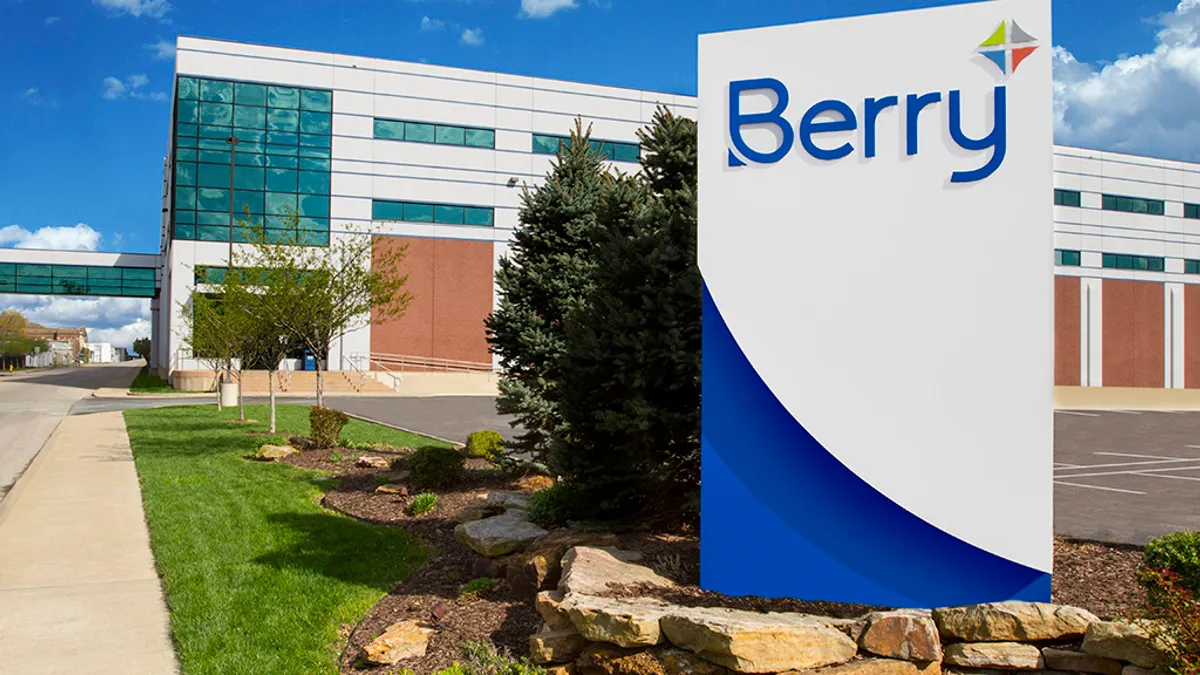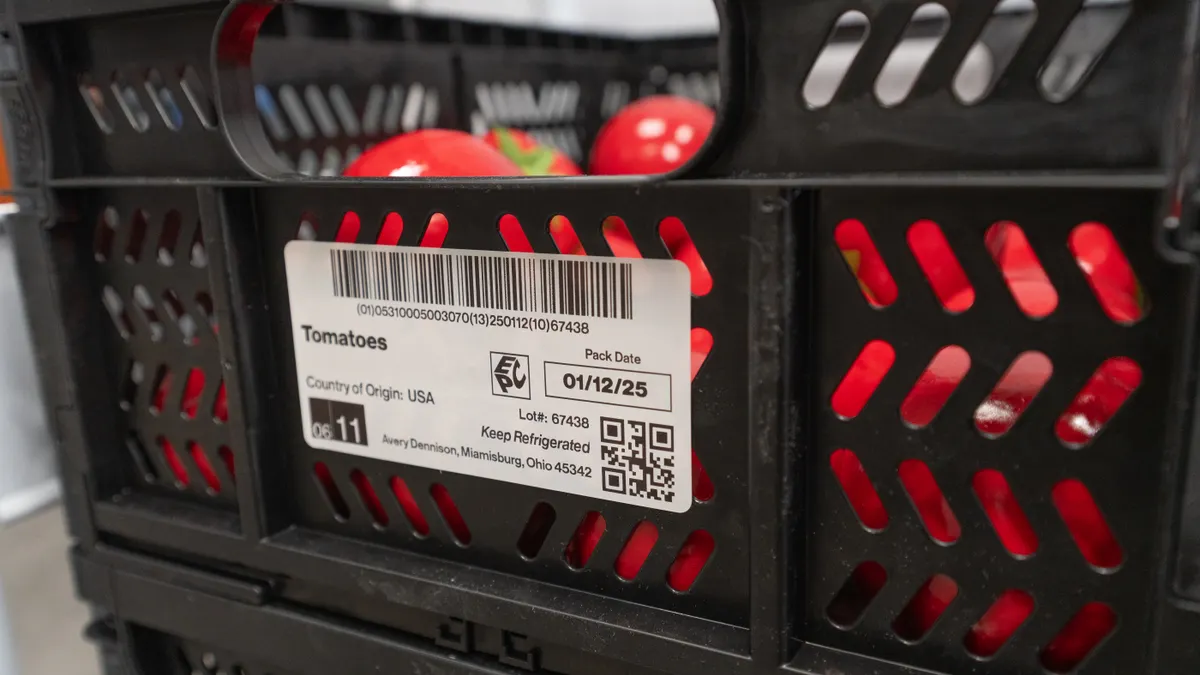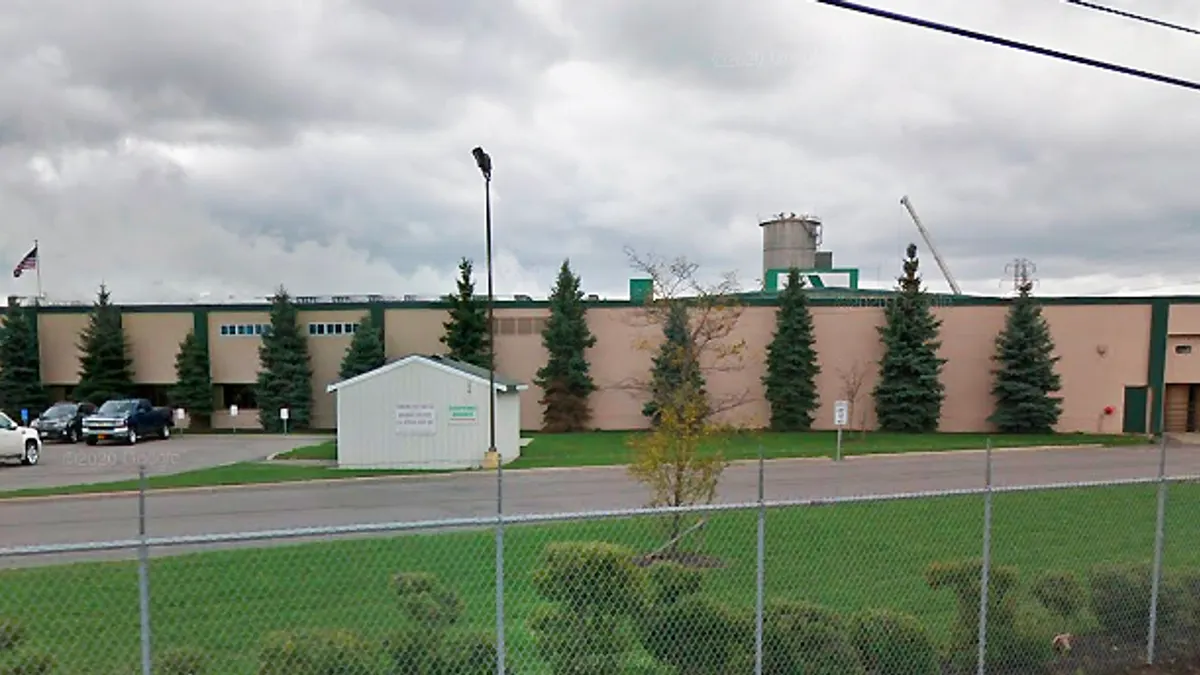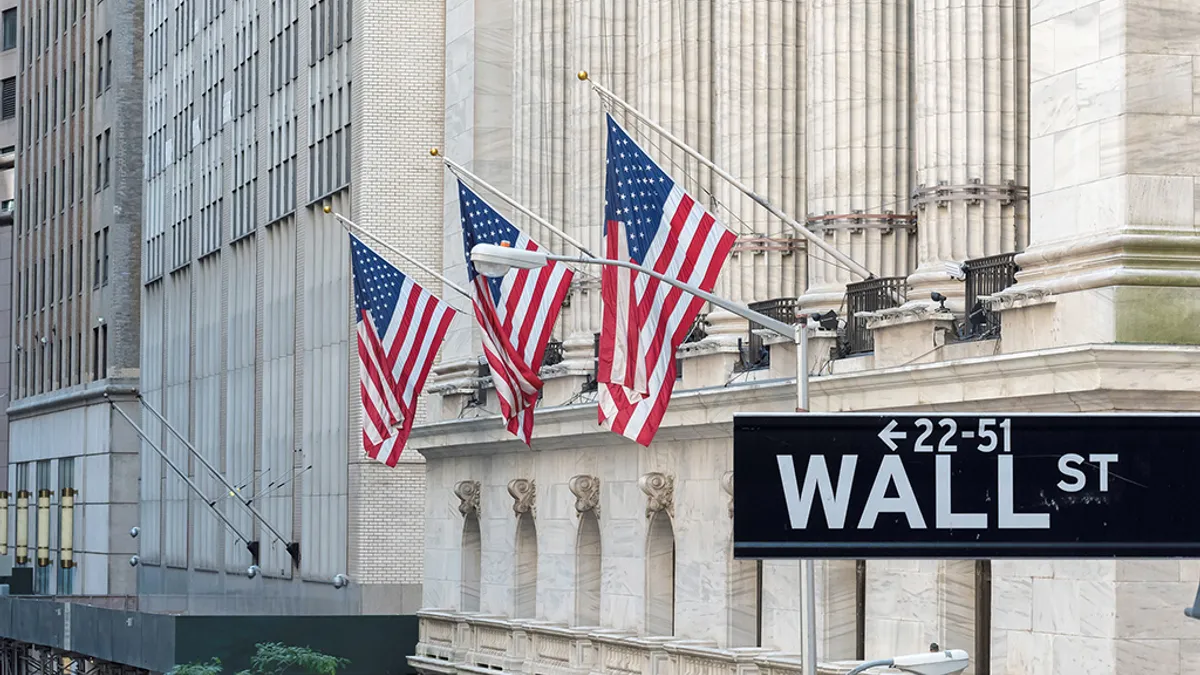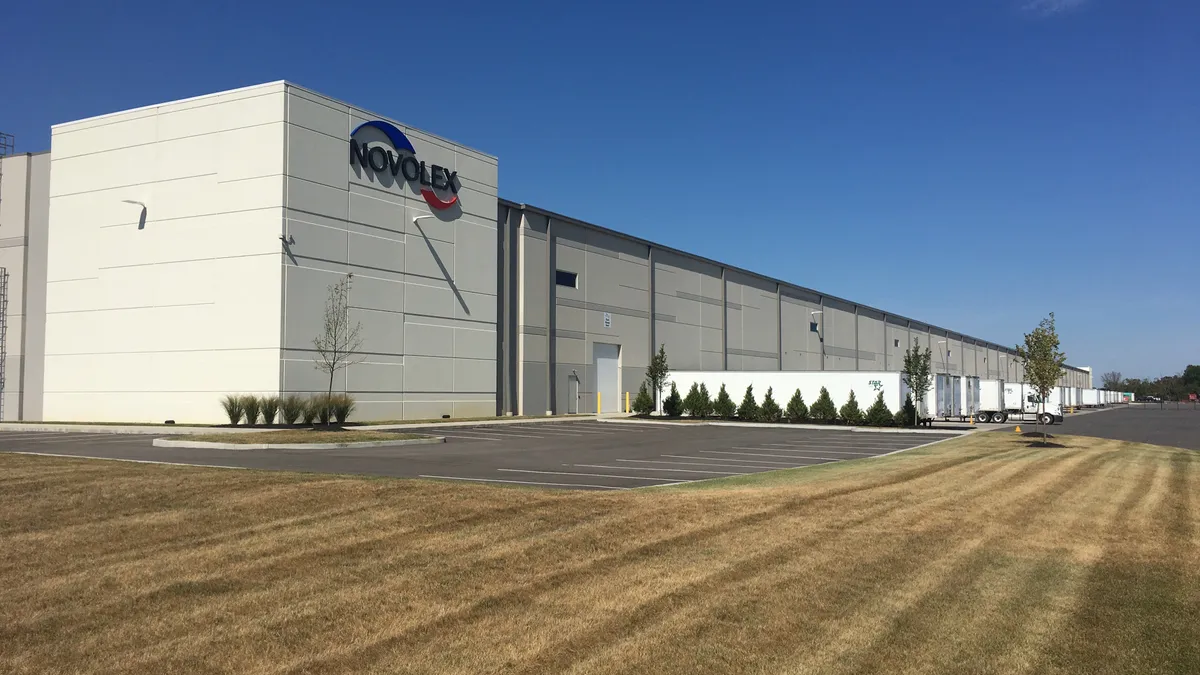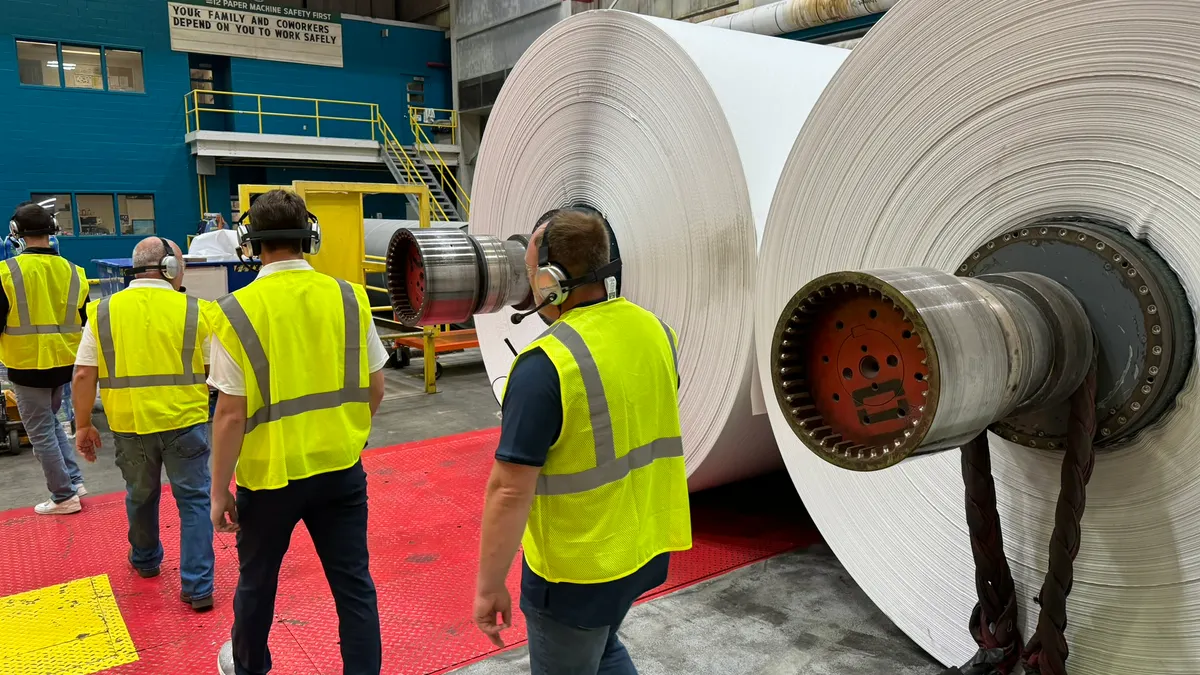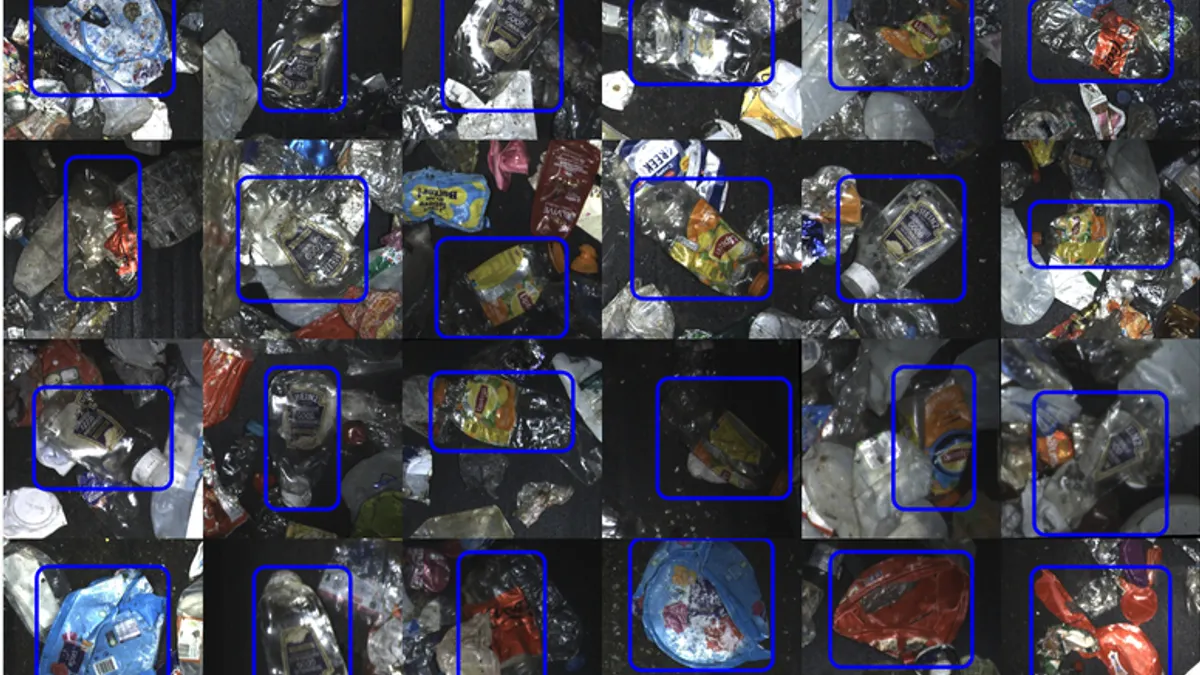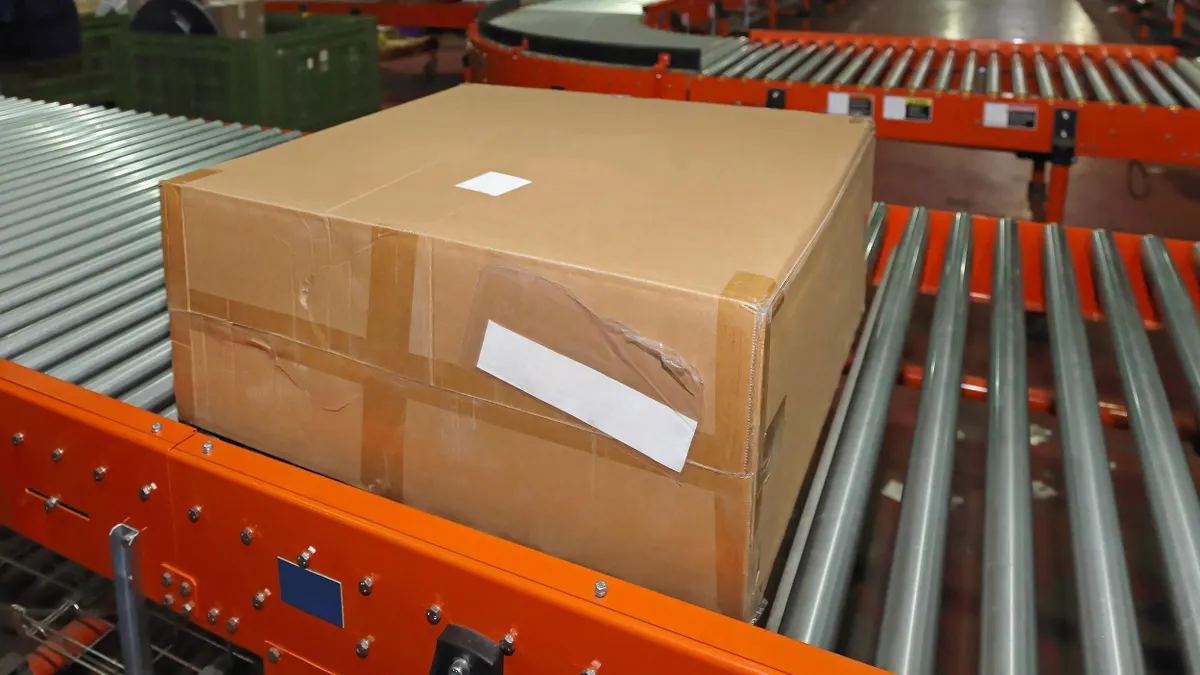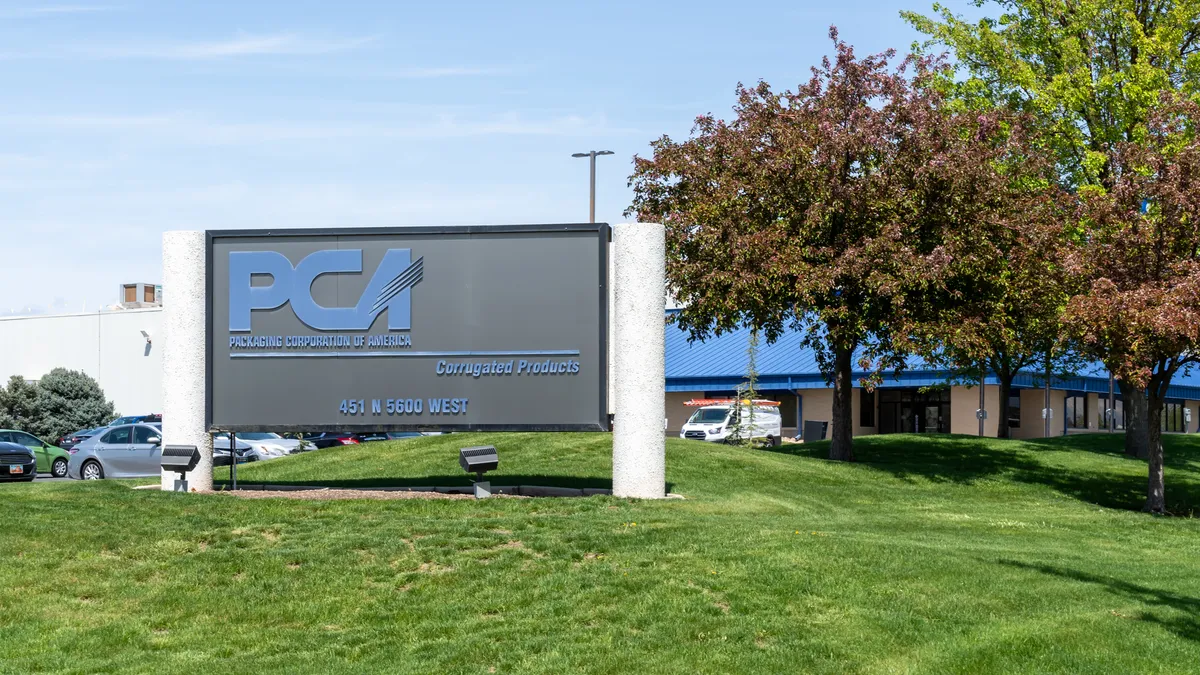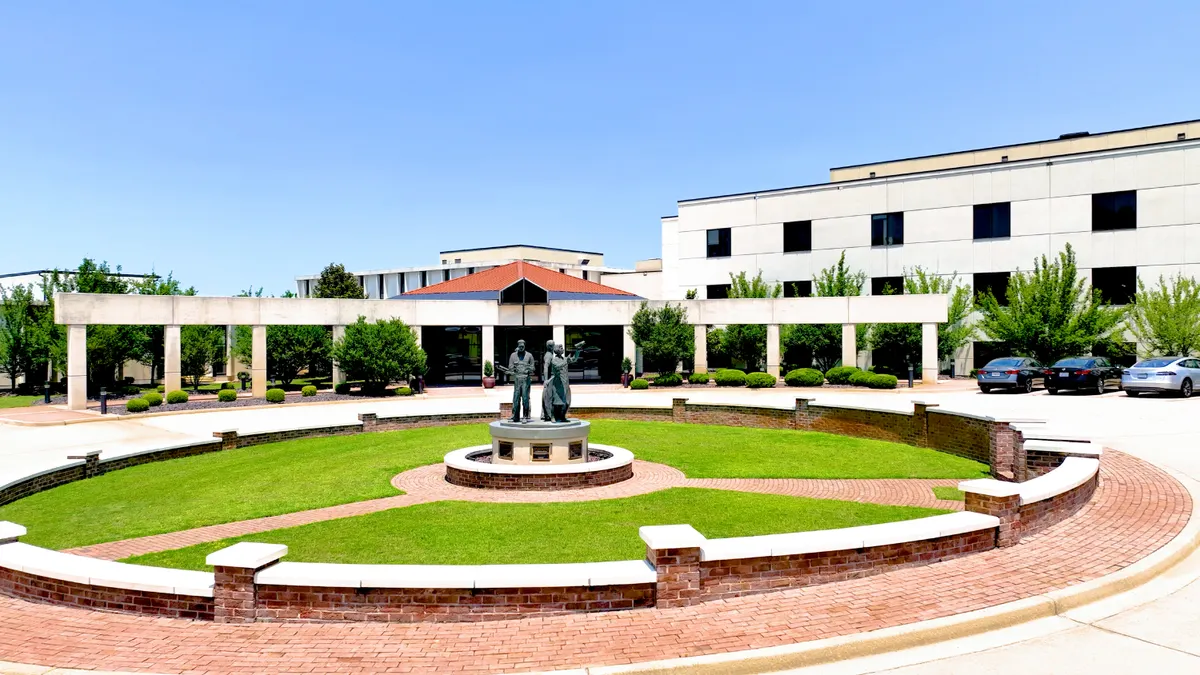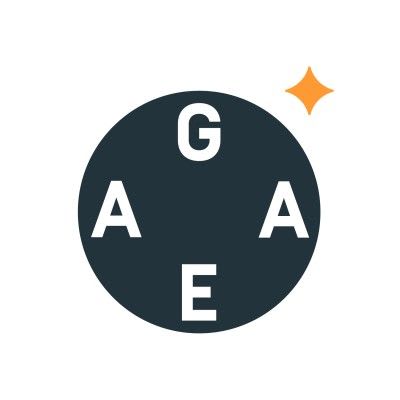Berry Global announced Wednesday it will spin off its Health, Hygiene and Specialties segment, following months of review. The Evansville, Indiana-based company called the transaction an important step in becoming “a streamlined and focused provider of consumer packaging.”
Specifically, Berry will “spin-off and merge the majority of the HH&S segment to include its Global Nonwovens and Films business” with Glatfelter, a global supplier of engineered materials. The deal is expected to close in the second half of 2024.
Berry CEO Kevin Kwilinski said during a conference call with investors Wednesday morning that the “core issue” with HH&S being part of Berry was that “it was different enough from our long-term, consumer-facing business in packaging that it created volatility” that hurt its stock value. “And we think we've relieved that with this.”
Kwilinski added that the deal allows Berry’s team “to be 100% laser focused on driving long-term growth with a more simplified and aligned portfolio.”
A new company
The complex, tax-free transaction will create a yet-to-be-named publicly traded company in the specialty materials industry valued at $3.6 billion, $2.2 billion of which reflects HH&S revenue under Berry. Approximately 60% of the new company’s revenue will be concentrated in the Americas, where 23 of 45 manufacturing facilities are located.
The companies say the deal will broaden substrate, product and end market mix. Berry’s side brings polymer-based offerings, while Glatfelter has unique fiber-based businesses. Berry and Glatfelter already overlap in markets such as laundry care, disinfecting wipes and healthcare and surgical suite products. The new combined company will have more than 1,000 customers, with a company presentation listing major CPG and healthcare customers including Clorox, P&G, Kimberly-Clark, Medline, Henkel and Reckitt, among others.
The new company will be helmed by Curt Begle, Berry’s current president of HH&S, and consist of 8,650 total employees. The management team will reflect contributions from both Berry and Glatfelter, with Berry holding a majority of board seats.
Berry and Glatfelter say the deal tees up $50 million in cost synergies, in operational improvements and other cost areas, by the third year after closing.
Berry will maintain certain business lines currently housed under HH&S, namely tapes. Berry also reported fourth-quarter 2023 earnings results on Wednesday, showing HH&S generated $603 million in quarterly net sales.
“Following completion of the transaction, Berry will become a pure-play provider of innovative, sustainable global packaging solutions, which we believe will deliver even more predictable earnings growth for Berry shareholders,” Kwilinski said in a statement.
How Berry got here
Berry acquired Avintiv, a specialist in personal care and infection prevention products, from Blackstone Group in 2015 for $2.45 billion in cash. At the time, Berry heralded the combination as creating “a global leader in plastics packaging and engineered specialty materials with enhanced technology, material, and commercial capabilities to more broadly serve our customers.”
Berry’s HH&S segment has been a supplier of nonwovens, specialty films and tapes for customers in healthcare, hygiene, consumer, building and construction, and industrials.
Analysts questioned the optimism for significant growth, given what Baird analyst Matt Krueger noted on the conference call as HH&S having “a history of underperforming” the level of growth projected for the new business. Berry executives described how HH&S’ cycle of performance was thrown off by the COVID-19 pandemic and supply chain “whiplash” that had lingering effects. Berry’s presentation showed growth potential in Asia and Africa, as well as from factors such as the aging population driving demand for adult incontinence and healthcare products.
Berry announced in September 2023 that it had “initiated a formal process to evaluate strategic alternatives,” prior to Kwilinski's October start at the company as CEO. At the time, the company said that could take the form of a sale, strategic partnership or joint venture, spin-off to shareholders or other type of transaction. Bloomberg reported in August that Berry was exploring options for Nonwovens & Components, at which time the company declined to comment on the matter.
Kwilinski was asked Wednesday why Berry didn’t opt for a simpler sale.
“To sell a business outright at this point in time would leave substantial value on the table for our shareholders, as this business is coming out of a low point in the cycle,” given the pandemic and supply chain patterns and current market conditions, Kwilinski described. If the company waited for conditions to improve, there’s “an opportunity cost for the base business of us getting on with growing our core. And we are incredibly serious about growing our core and focused on it.”
Deal terms and what’s next
The deal will require approval from Glatfelter shareholders, but not from Berry’s. Berry shareholders will own approximately 90% of the new company to Glatfelter shareholders’ 10%.
Berry expects to gain net cash proceeds totaling $1 billion at close, which will go toward repaying existing debt.
The transaction will leave Berry with three business divisions: Consumer Packaging – International, where about 40% of sales are concentrated; Consumer Packaging – North America; and Flexibles (a renaming of its Engineered Materials segment). The latter two each provide 30% of sales. Long term, Berry may look at further pruning the Flexibles division, Kwilinski said.



